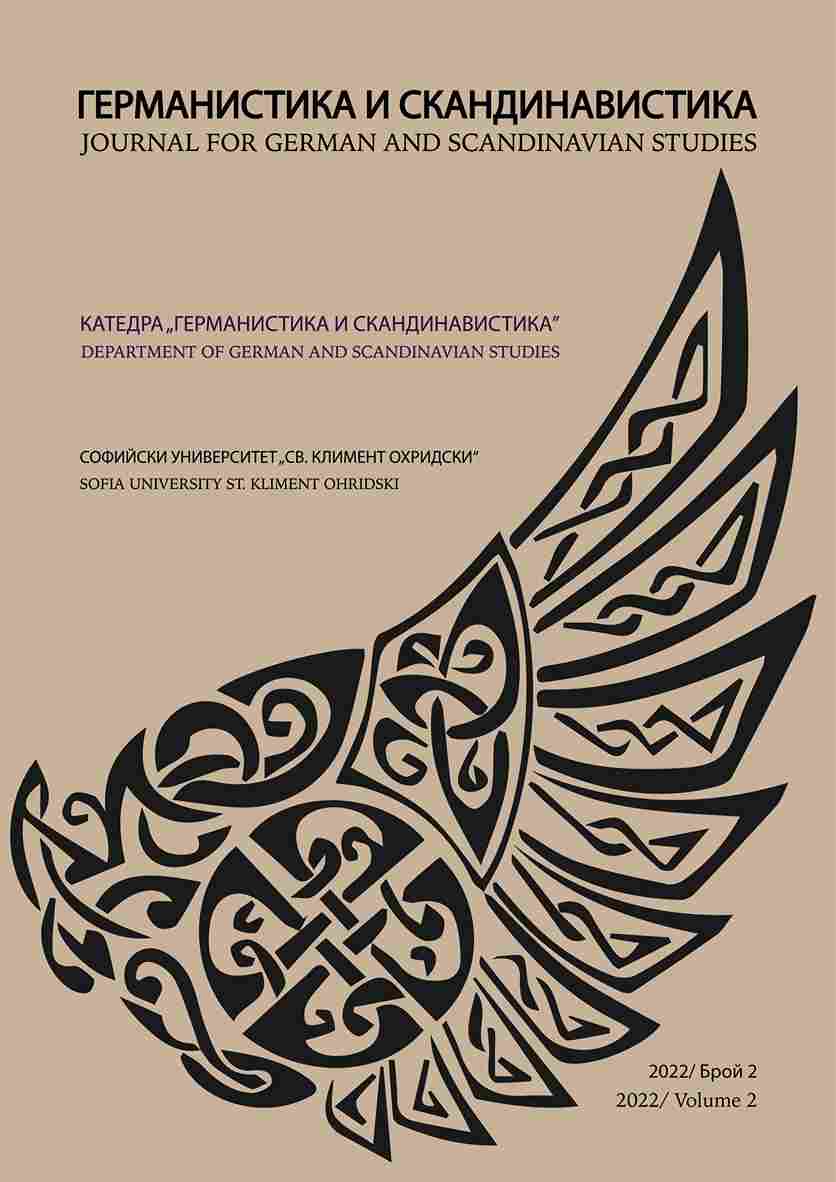Kulturgeographie Europas und ihre Grenzen in „Schachnovelle“ von Stefan Zweig
Cultural geography of Europe and its limits in the “The Royal Game” by Stefan Zweig
Author(s): Angel AngelovSubject(s): Language and Literature Studies, Studies of Literature, German Literature
Published by: Софийски университет »Св. Климент Охридски«
Keywords: Stefan Zweig; “Chess Story”; Europe; cultural geography; limits
Summary/Abstract: My purpose in this essay is to answer the question: What is the symbolic territory of European culture for Stefan Zweig? The material I am working on is The Royal Game (Chess Story) and a part of Zweig’s essays. In The Royal Game, the Vienna Cultural Centre, where Dr. B. is born, is opposed to the non-cultural field of Banat from which the other main character, Mirko Czentovic, comes. It does not matter exactly where the Banat region is located, because in the novella it functions as a place that is outside the culture of Europe. For Zweig, the culture of Europe is equivalent to that of Western Europe. In some cases, Scandinavian writers are included in this culture. Through European humanism, Zweig transforms Western Europe into an image of humanity. Zweig’s suggestions from the 1930s on how to create a European cultural identity are later applied in EU cultural and educational policy: to elect a European capital each year; pupils and students to have a permanent opportunity to stay in other European countries; scholarships to make it possible to study abroad. What Zweig could hardly have imagined is that European cultural exchange would be completely subservient to an American linguistic imperialism that would virtually destroy Europe’s linguistic diversity. Of the countries in Europe that exist in the eighteenth and nineteenth centuries, the Habsburg Empire provides the greatest basis for the theme of “Europe”; in the East-West direction, it covers territory from present-day Italy to present-day Ukraine.At the end, I discuss elements of the critical reflection on the reception of Zweig in Bulgaria.
Journal: Германистика и скандинавистика
- Issue Year: 2/2022
- Issue No: 1
- Page Range: 95-115
- Page Count: 21
- Language: German

